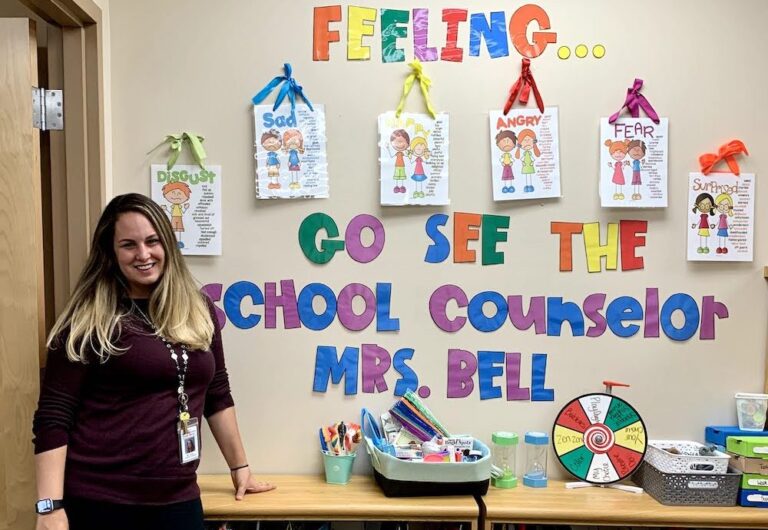Teaching Careers Outside Of Academia: Alternative Paths
Although teaching may be a fulfilling profession, not everyone wants to do so in a traditional academic atmosphere. There are many of fascinating teaching careers outside of academia for people seeking something different from the standard classroom experience.
There are numerous worthwhile ways to use your expertise and abilities in a non-traditional educational context, regardless of whether you want to teach online or travel the world while teaching English as a foreign language. Let’s explore some of these alternatives and discover how they could be beneficial for you!
Corporate Training
Training professionals in a corporate setting can be incredibly rewarding. From teaching new employees the ropes, to helping experienced staff hone their skills, there’s no shortage of opportunities for those looking for a career outside academia. It’s also an excellent way to explore different industries and build up invaluable industry contacts.
Whether you’re just starting out or are already established as a trainer, it’s important to stay current on trends and techniques related to your field. This means taking courses or attending seminars that will help you develop better strategies and approaches when teaching groups of people from all backgrounds.
Taking advantage of networking events is another great way to connect with other trainers who may have advice about how best to succeed in this type of work. Ultimately, working in corporate training requires dedication and enthusiasm – but it can offer incredible rewards if done right!
Online Tutoring
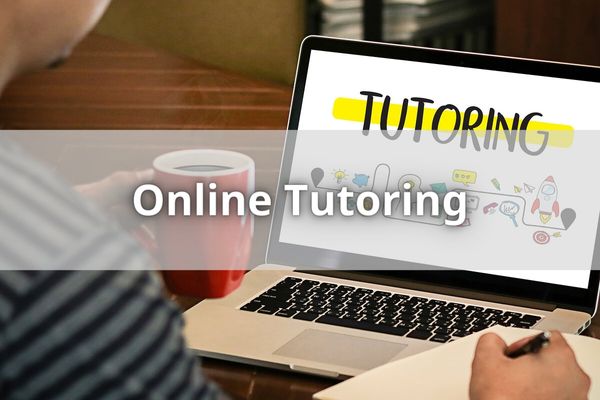
Professionals have the chance to expand their knowledge bases, learn new skills, and improve their present talents through corporate training. By giving workers the tools they need to increase their productivity, it’s also a terrific approach to improve the workplace.
Online tutoring is another avenue for those looking to pursue teaching careers outside of academia. With online tutoring, individuals have more flexibility in terms of when they work and how much they earn from their positions.
Furthermore, it allows people to connect with students across geographical boundaries and provide assistance on various topics ranging from elementary-level coursework all the way up through graduate school material. With the right approach and dedication, this type of career path can be incredibly rewarding both professionally and personally.
Technical Instruction
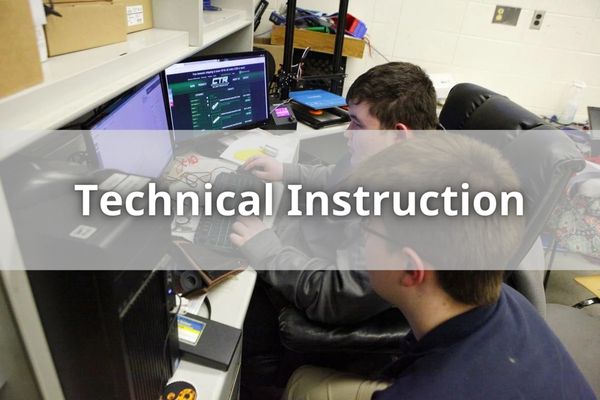
Technical training can be the best option if you’re seeking for a teaching position outside of academia. It presents a fascinating chance to assist your pupils in acquiring knowledge and abilities that are applicable to the workplace and that they can utilize on the job.
Here are some reasons it could work for you:
- You enjoy witnessing the practical benefits of your efforts when pupils absorb knowledge and put it to use.
- You have greater autonomy over how topics are taught and discussed.
- You can find jobs related to specific industries or technologies with great potential for growth.
- Salary prospects are often quite attractive compared to other types of teaching roles.
As such, technical instruction is a great way to combine your love of teaching with practical experience and expertise in a particular field. With its rewards come challenges – but if you’re up for them, it could be just the path you need!
Adult Education
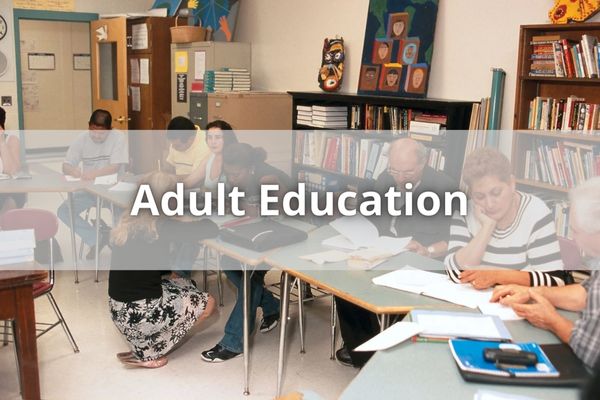
For individuals seeking to have an influence outside of the usual academic context, adult education offers a satisfying professional choice. It provides several chances to educate individuals in a range of settings, including workplaces, community groups, and even online classes.
Adult educators can use their knowledge and experience to help students grow professionally or personally. They provide guidance to adult learners on topics ranging from basic skills development to more specialized areas like finance or technology. They also provide supportive services like counseling and tutoring, which are crucial for assisting individuals in realizing their full potential.
Additionally, adult educators have the chance to deal with a variety of student demographics, giving them important exposure to many cultures and viewpoints. With these roles comes great responsibility as adult educators must ensure that their classes are engaging and interactive while still providing quality instruction.
By taking on this role, adult educators become positive agents of change who play an important role in furthering lifelong learning for any individual seeking it.
Vocational Training
For individuals seeking a teaching profession outside of academia, vocational training is a fantastic choice.It provides a chance to get practical experience in the classroom and learn from knowledgeable experts who are already working in the industry.
In addition to assisting students in developing practical skills relevant to their chosen career, vocational teachers can offer advice on how to use these talents most effectively in daily life.They guide learners through apprenticeships or other workplace experiences that are designed to prepare them for employment.
Vocational teachers must be knowledgeable about the industry they teach in, including safety rules and regulations, state laws governing jobs within that sector, and employer expectations.Additionally, they need excellent problem solving abilities so they can offer timely solutions when issues arise during class activities.
Finally, strong communication skills are essential since vocational instructors often work with clients individually and may even travel to different job sites with their students.
Home-Schooling

It is immensely fulfilling to be able to influence a child’s education and watch them develop.As parents have assumed the duty of raising their children, homeschooling has grown in popularity in recent years.It allows for more flexibility, customized learning plans, and a stronger bond between student and teacher.
Home-schooling presents unique challenges compared to teaching in traditional academic settings; however, it can also be immensely satisfying when you see your students make progress and develop key skillsets.As a home-school teacher, you will get to witness first hand how much your influence has helped mold your students into successful learners who are ready to take on the world!
Special Education

Children may not get the individualized attention they need in a regular classroom setting, but homeschooling is a terrific opportunity to personalize their education and give it to them. For individuals seeking teaching positions outside of academia, it can also be a great choice.
However, there are alternative ways to educate that don’t call for a formal education background but can provide significant chances to impact students’ lives. One such field is special education, which focuses on providing additional educational support to individuals with disabilities or learning difficulties.
Here are some ways to get involved in this rewarding career path:
- Pursue specialized qualifications related to special education – Many organizations, universities, and colleges offer training programs dedicated to preparing teachers for working with students with diverse needs.
- Explore job openings at local schools – Look into open positions available in your area that involve working directly with disabled or learning challenged students.
- Participate in volunteer work – Volunteering at schools or community centers provides invaluable experience in understanding how best to work with children who have unique educational requirements.
- Network within the industry– Connecting with professionals already working within the field will give you access to resources as well as advice about potential job prospects.
- Develop relationships with parents/caregivers – Building strong ties between families and educators opens up communication channels where both sides can share ideas on how best to serve each student’s individual needs.
Aspiring educators should feel encouraged by all the options out there when it comes to making their mark in special education! With determination and hard work, these teachers can create meaningful impact while being part of something truly worthwhile.
Esl/Efl Instruction
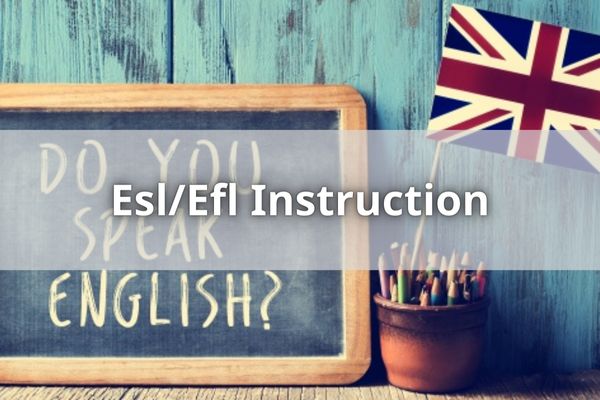
ESL/EFL instruction is a popular teaching career outside of an academic setting. It involves instructing students in the proper use and understanding of English as either their first or second language, depending on the context.
ESL/EFL teachers can work with adults in business settings, K-12 students in public or private schools, or even college students at universities.
The job usually requires having extensive knowledge of grammar rules and cultural norms related to English usage, so specialized training may be necessary for some positions.
In terms of qualifications, many employers prefer candidates who have earned a degree in education or linguistics. However, there are also opportunities available for those without any formal qualifications if they possess native fluency in English and basic teaching skills.
For example, volunteer programs often seek individuals to help teach English overseas and require no specific credentials other than being able to demonstrate literacy proficiency and enthusiasm for the task.
Conclusion
Overall, teaching outside of academic institutions may be a very satisfying and gratifying career option. It provides instructors with a variety of chances to improve the lives of their pupils without having to endure the pressures of school.
With the right qualifications, support systems, and knowledge of the challenges associated with non-academic teaching positions, anyone can successfully transition into this profession.
Teaching outside of academia may not bring in as high a salary as traditional academic posts, but it offers immense satisfaction knowing you’ve made a real impact on people’s lives.


